In episode 5 of this series, I respond in depth to several listener questions related to trauma, boundaries, feedback, and accountability. I am so grateful to the listeners who shared their questions with me, and I know you will find them relatable.
Listen to hear the unraveling of questions such as:
What do you do when a previously-unspoken conflict surfaces?
Is setting expectations and holding people accountable trauma-informed or not?
I was blamed for some project outcomes. Where could I have had conversations to prevent these outcomes and how could I appropriately explain my decisions?
I’ve experienced receiving feedback from a couple leaders and haven’t been able to give mine in return. Should I try to give my feedback to them?
At the beginning of this episode, I also finally share some more about some of my own experiences, which I am drawing from in this series. (If you wish to skip this, you can jump to about 20 minutes into the episode.)
As always, I welcome your comments, especially about what in this episode is most helpful to you. I would also love to hear if you have ideas for a final episode I might release next month.
If you think others you know might benefit from hearing it, please share this episode with them.
I love making this content available for anyone, and if you’re finding value in this podcast series please consider leaving me a tip.
Additional resources mentioned in and related to this episode:
Dr. Dan Siegel on Integration (which he defines as the linkage of differentiated components of a system)
Unveiling the Impact of Trauma Porn Part 1 & Part 2 by Nkem Ndefo
Article with Spectrum of Consent visual by Kai Cheng Thom (inspired by the work of Betty Martin)
Burnout: The Secret to Unlocking the Stress Cycle by Emily Nagoski PhD and Amelia Nagoski DMA, and my favorite interview with the authors about how the cure for burnout is NOT self-care
Set Boundaries, Find Peace: A Guide to Reclaiming Yourself by Nedra Glover Tawwab
Recorded webinar on Empathy Across Power Differences by Miki Kashtan
Right Use of Power Institute (If you sign up for a free starter membership, under courses you can find a free Intro to Right Use of Power course)
The Power Paradox: How We Gain and Lose Influence by Dacher Keltner





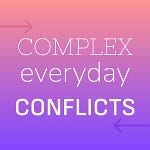


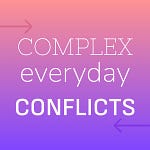
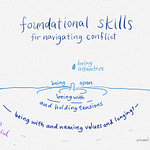
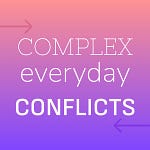
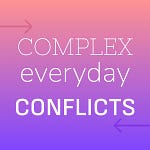
Share this post